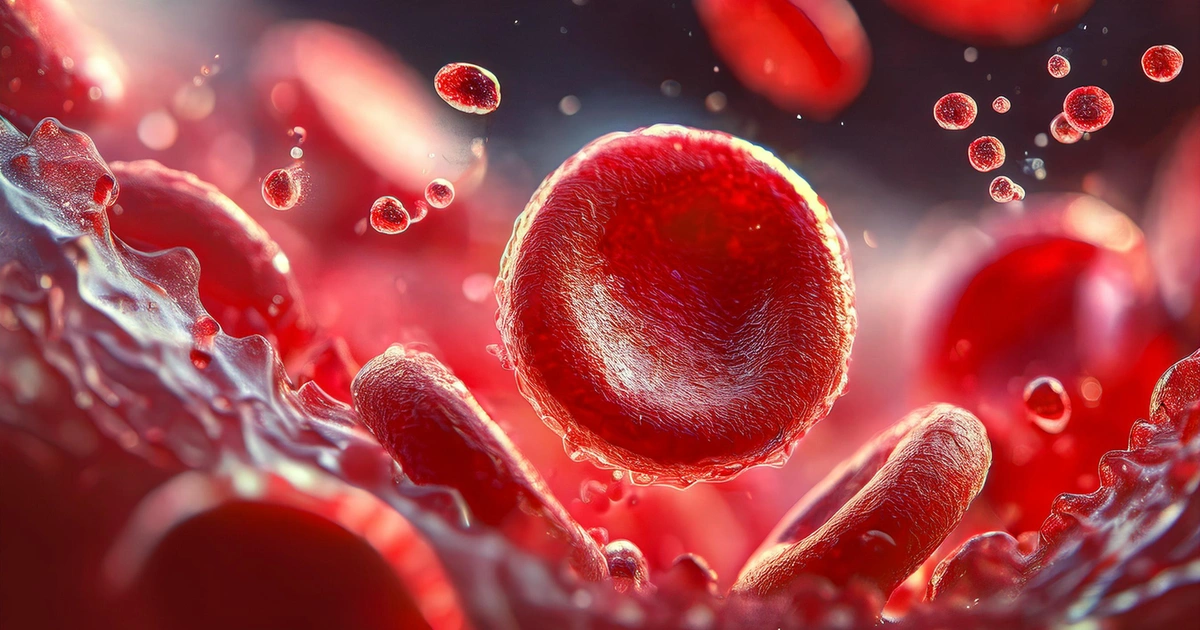Chilling Revelations: How a Single Cold Plunge Impacts Your Blood

Chilling Revelations: How a Single Cold Plunge Impacts Your Blood
Imagine taking a dip in icy water below 4°C (39°F). What happens to your body, particularly your blood? A groundbreaking study 1 published in Scientific Reports unveils some surprising effects of cold water immersion (CWI) on blood properties in healthy young men. Let's dive into the frosty findings!
The Big Chill: Study Setup
Researchers examined 13 young male volunteers who braved a 2-3 minute plunge in water below 4°C. Blood samples were collected before and after the icy dip to analyze various parameters.
Key Findings: Blood Under Pressure
Cellular Shifts
- Neutrophil count increased significantly
- Lymphocyte count decreased significantly
- Mean corpuscular volume (MCV) rose, indicating larger red blood cells
Protein Surge
- Total protein concentration increased
- Albumin levels went up
Red Blood Cell Squeeze
- Erythrocyte deformability decreased at various shear stress levels
- This could potentially impair blood flow through cold-constricted vessels
Endothelial Cells Feel the Chill
In a related lab experiment, human umbilical vein endothelial cells (HUVECs) exposed to 25°C for 3 hours showed:
- Morphological changes, including membrane ruffles
- Increased recruitment of monocytic cells, suggesting activation
What Does It All Mean?
These changes likely represent a short-term stress response to extreme cold exposure in non-acclimatized individuals. While a single cold plunge doesn't affect most blood parameters, it may temporarily:
- Alter immune cell ratios
- Increase blood protein concentrations
- Reduce red blood cell flexibility
The Bigger Picture
This study provides valuable insights into how our bodies respond to sudden cold exposure. While regular cold water swimming has potential health benefits, a one-time polar bear plunge can trigger significant physiological changes.
As interest in cold therapy grows, understanding these acute effects becomes crucial for both enthusiasts and healthcare professionals. Remember, always consult a doctor before attempting any extreme temperature exposures!
References: